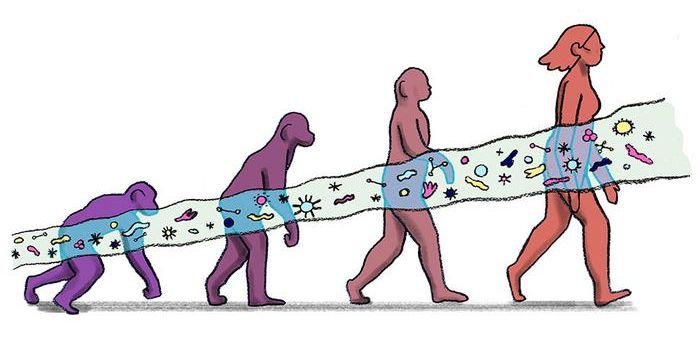Gum Disease and Tooth Loss Linked to Shrinking Hippocampus
Gum disease and tooth loss are linked to shrinkage of the hippocampus, an area of the brain crucial for memory. The corresponding study was published in Neurology.
Previous studies suggest that tooth loss and periodontitis may be linked to Alzheimer’s disease. However, recent studies have not found a significant link between tooth loss and periodontitis, and hippocampal atrophy. In the current study, researchers sought to understand more about how oral health affects hippocampal volume- and, thus, memory. To do so, they examined the relationship between number of teeth present and hippocampal atrophy in light of periodontitis severity among middle-aged and older adults.
For the study, the researchers included 172 people with an average age of 67 years old who did not have cognitive decline. At the start of the study, each underwent dental exams and memory tests. They also underwent MRI brain scans at the beginning of the study and four years later to assess their hippocampal volume.
Ultimately, the researchers found that for people with mild gum disease- characterized by a periodontal probing depth of 3-4 mm- having fewer teeth was linked to a faster rate of hippocampal atrophy. They also found that for people who had severe gum disease, having more teeth was linked to a faster rate of atrophy in the same area.
The researchers noted that for people with mild gum disease, each tooth lost was linked to brain shrinkage typical of one year of brain aging. Meanwhile, for those with severe gum disease, each tooth lost was linked to brain shrinkage typical of 1.3 years of brain aging.
"These results highlight the importance of preserving the health of the teeth and not just retaining the teeth. The findings suggest that retaining teeth with severe gum disease is associated with brain atrophy. Controlling the progression of gum disease through regular dental visits is crucial, and teeth with severe gum disease may need to be extracted and replaced with appropriate prosthetic devices,” said study author Satoshi Yamaguchi, Ph.D., DDS, of Tohoku University in Sendai, Japan.
The researchers noted that future studies should include larger sample sizes. They also noted that as their study was conducted in one region of Japan, the findings may not apply to other populations. They nevertheless wrote that the findings underly the importance of keeping healthy teeth.
Sources: Science Daily, Neurology









